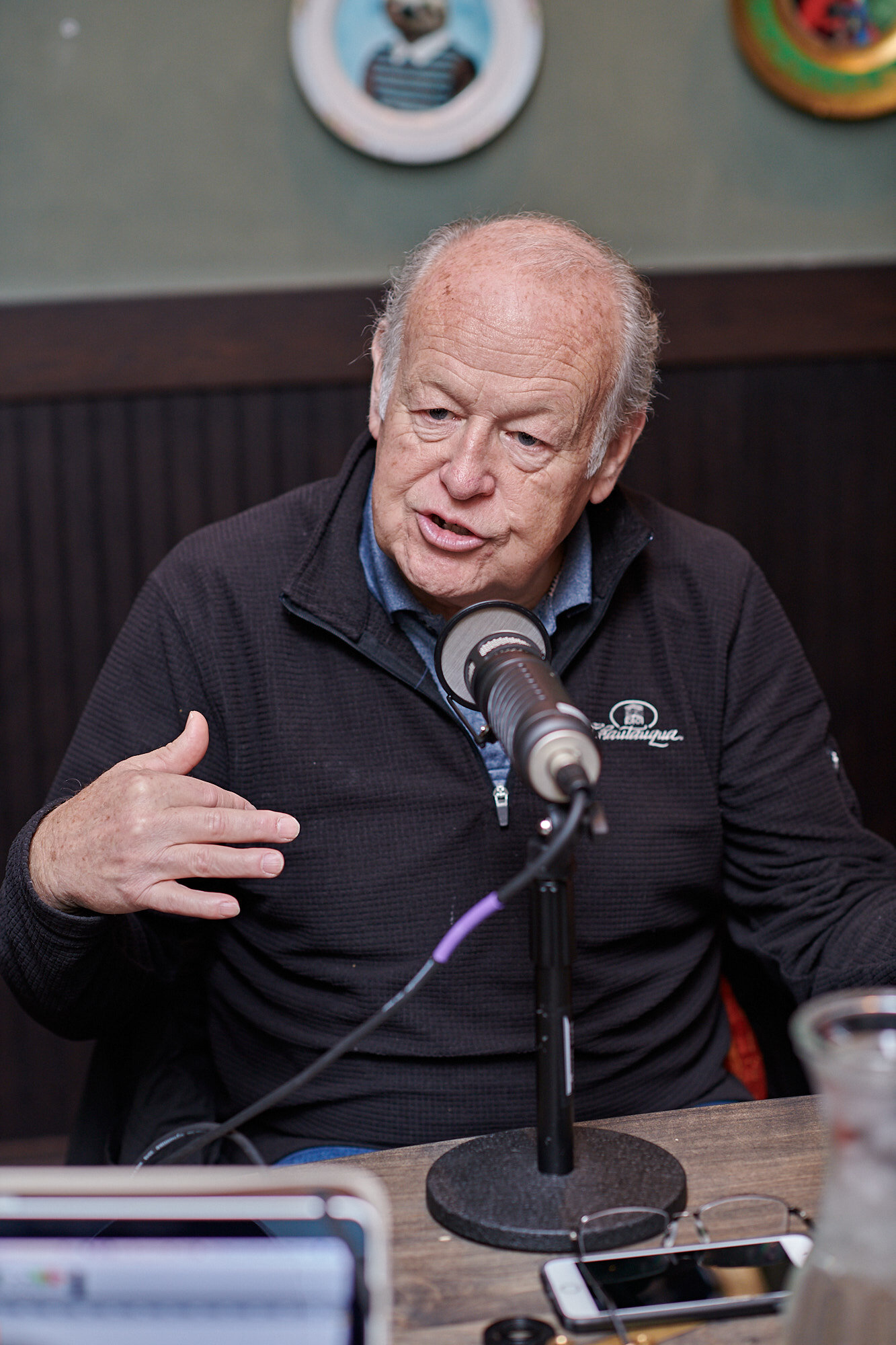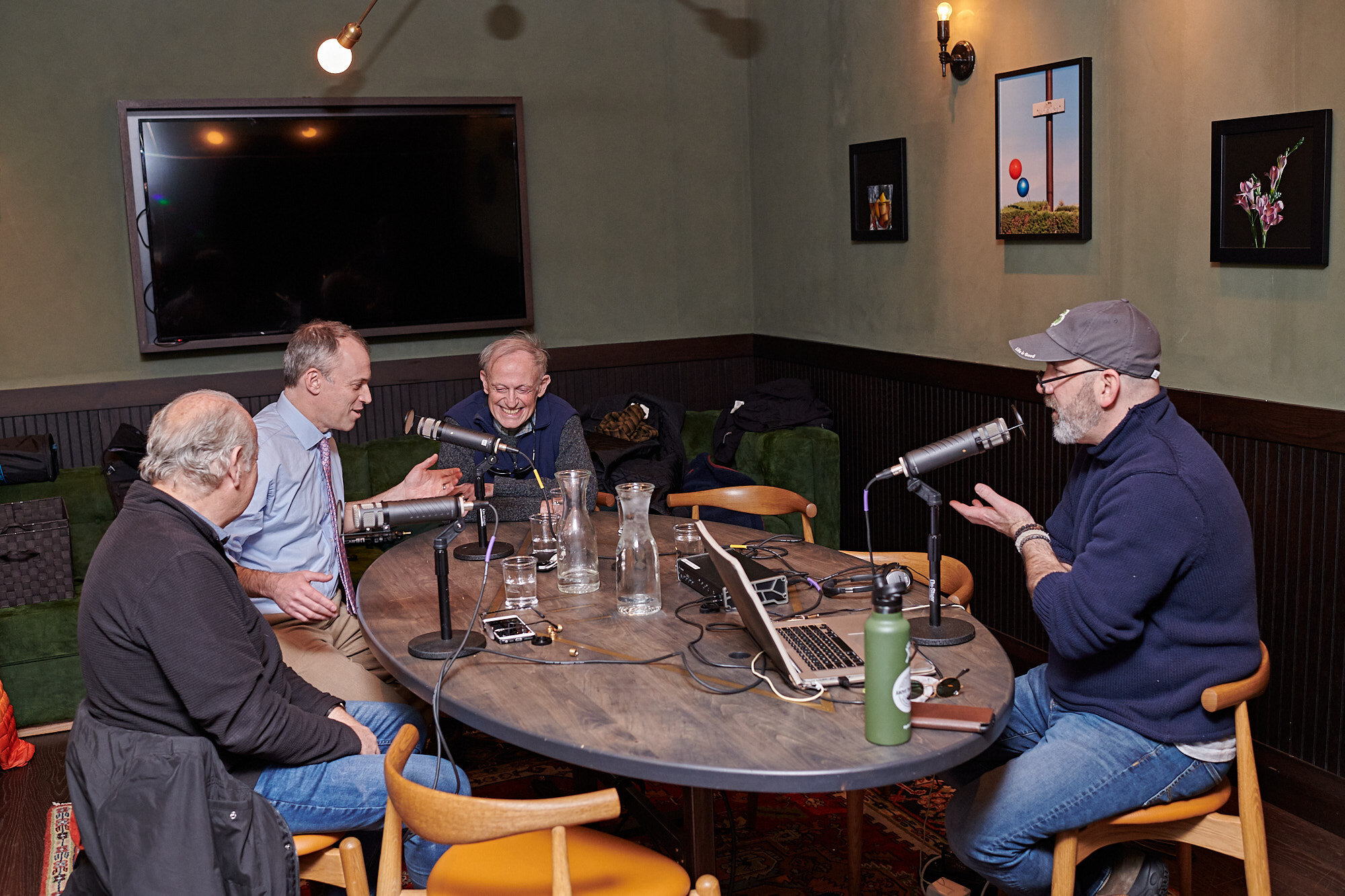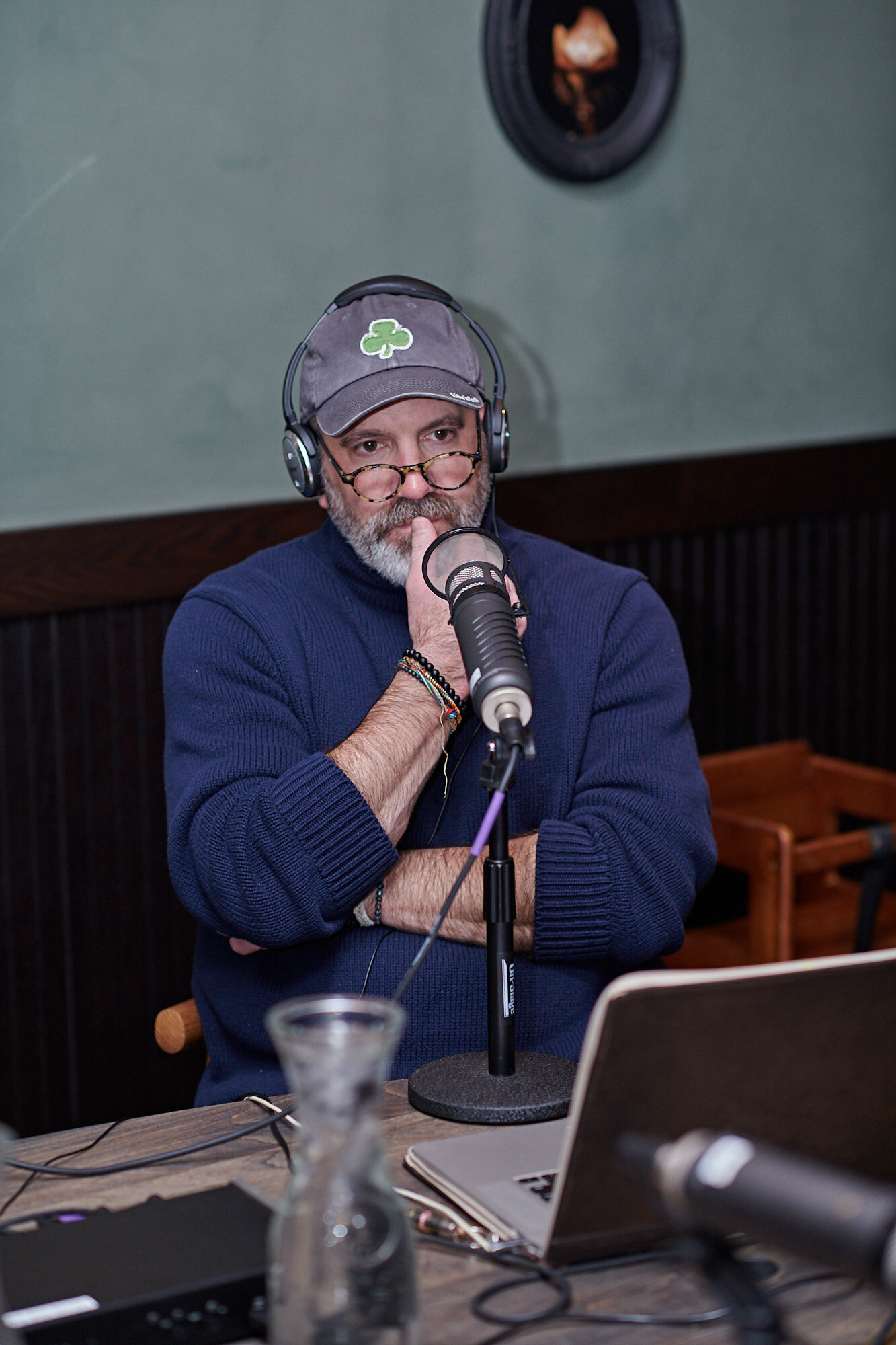Episode 146 - Bestor Cram
A conversation with Bestor Cram
Follow us on FB, Instagram, Twitter and also subscribe to get all our episodes!
Join our mailing list to get updates and other important information!
recorded November 21, 2019
published January 16, 2019
Short episode: On JFK, The Last Speech featuring Bestor Cram and special guest, Roger Hirschberg
Full episode: We talk JFK, The Last Speech, Bluesman James Cotton and more…
Boston documentary filmmaker Bestor Cram founded and also serves as creative director for the Boston-based documentary film and museum production company called Northern Light Productions. He has had films screened at Sundance Film Festival, The Boston Film Festival, The Austin Film Festival, the International Documentary Film Festival Amsterdam, The Woods Hole Film festival and many others.
Titles include the film How Far Home about the dedication of th Vietnam Veterans Memorial in D.C., Birth of A Movement, Johnny Cash at Folsom Prison, Circus Without Borders and coming soon a documentary about American Blues harmonica player James Cotton.
We met with Bestor at The Better Sorts Social Club to talk about the great James Cotton, but also about another documentary - JFK: The Last Speech – the very last public speech John F. Kennedy gave before he was assassinated three weeks later.
We were fortunate to have Roger Hirschberg, Amherst College Class of '64 join us who was actually present when JFK gave the speech.
It made for a great discussion.
Photo credit: Joe Wallace Photography
Transcript:























